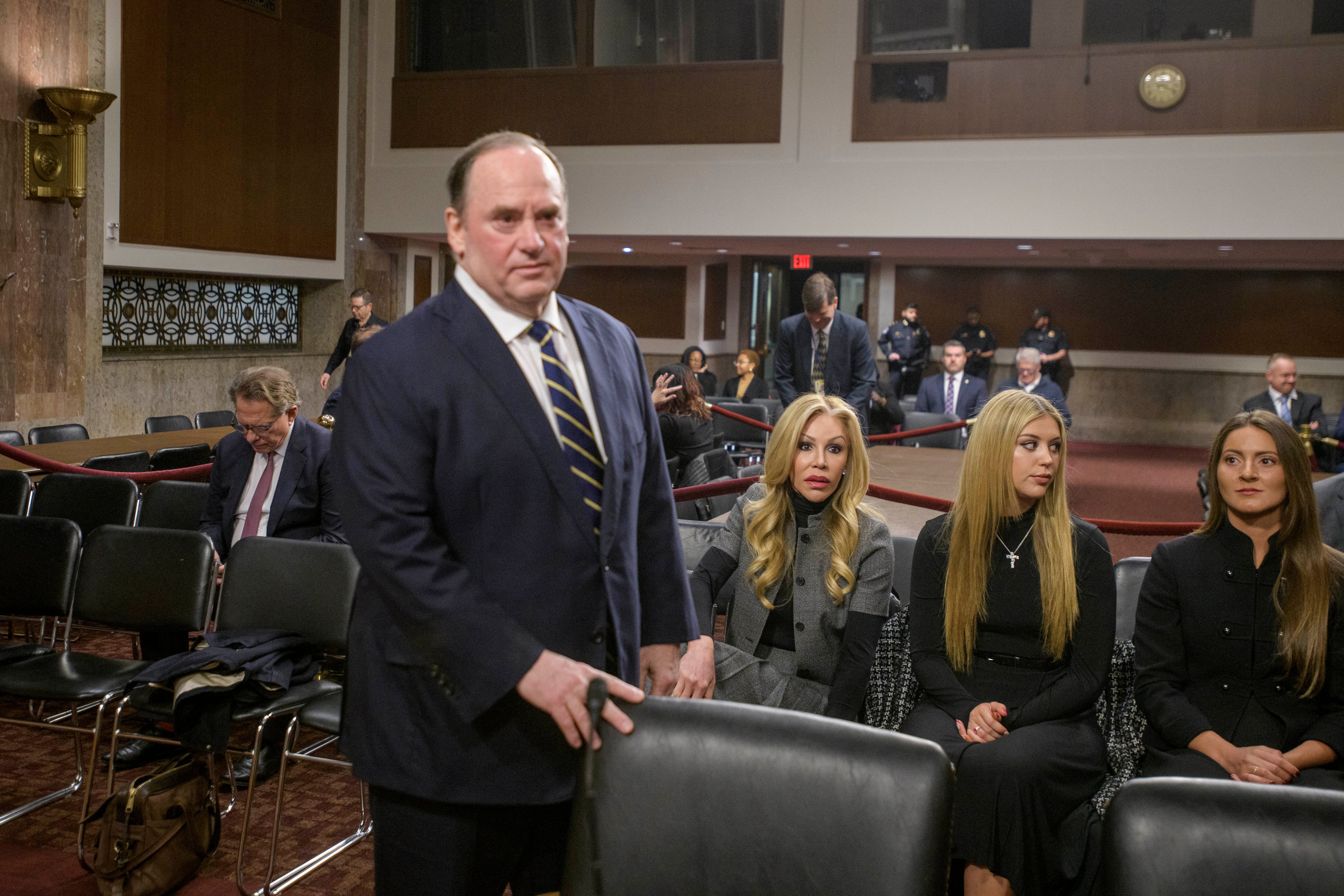The economy is on an uptick, so the Navy must work harder to compete with the private sector to bring in new sailors and keep them when their service obligations end.
The Defense Department's personnel system, more than half a century old, is ripe for overhaul on the chopping block in this effort, as is the Navy's inflexible bonus system, Chief of Naval Personnel Vice Adm. Bill Moran said in a Tuesday public forum in Arlington, Virginia. meeting with Washington reporters a public appearance Tuesday.
Moran joined leaders from the Army staff and DoD personnel management in a discussion on shaping the future of the force, from the old school "up or out" promotion system to recruiting pools and adopting a more corporate approach to talent management.
"I do agree that up-and-out is a necessary part of how we operate," Moran said. "The question we all have is, how wide is that pyramid?"
While the Army and Marine Corps might be more concerned about maintaining troop volumes, he said, the Air Force and the Navy are focused on technological expertise.
Up and out might work for the more straightforward jobs, he said. But for more specialized careers, the Navy has so far been unable to satisfactorily analyze its own data to find a threshold where it could retain more experienced sailors — who aren't being selected for promotion — without jamming up advancement chances in the lower ranks.
Acting Undersecretary of Defense for Personnel and Readiness Ben Carson offered that fields like the judge advocate general corps and cyber might benefit from letting officers off the admiral track, giving them longer times in grade and longer careers because of their expertise.
In those fields, he said, a service member's career might peak in their 40s or 50s, but the system is designed to send them back into the civilian sector if they aren't reaching the highest ranks.
And then there is the problem of retaining junior and mid-grade officers and enlisted, who can take their skills to the private sector for more pay.
To tackle it, Navy Secretary Ray Mabus wants to offer bonus packages more like those in the private sector, including non-monetary incentives like guaranteed duty stations and advanced training along with money.
"Money is the principle tool we have for retention, and it's out of balance with the non-monetary options we have," Moran said.
For many sailors, incentives that would benefit their careers or personal lives, like plum assignments or favored bases, could be as important, or more so, than money.
There's also the issue of an "archaic" bonus system that casts a wide net via naval administrative message every year.
"What we can't do is tell you how good that reeling in of product is," Moran said. "Often times we end up paying people who are going to stay in anyway."
New bonus packages could be tailored to a sailor's individual skills and education, and possibly weed out those who aren't looking for an incentive to remain in uniform.
The changes will be incremental, as Congress must approve new bonus schemes, Moran said, and the Navy will have to build a system to better paint a complete picture of a sailor's service record, assets and expertise when putting together a bonus package.
In terms of recruitment, Mabus announced in May that the Navy is working toward a recruiting and retention goal of 25 percent women.
Officials said Tuesday that DoD is looking at more ways to appeal to high school graduates and college students, and Moran added that even more diversification could benefit the services.
So many service members are people whose family members also served that the pool is becoming insular, Moran said.
"Are we becoming a caste system that isn't healthy for the overall national security apparatus?" he said.
The services need to look beyond the "usual suspects" if they want to attract and retain the best talent, he added.
Meghann Myers is the Pentagon bureau chief at Military Times. She covers operations, policy, personnel, leadership and other issues affecting service members.





